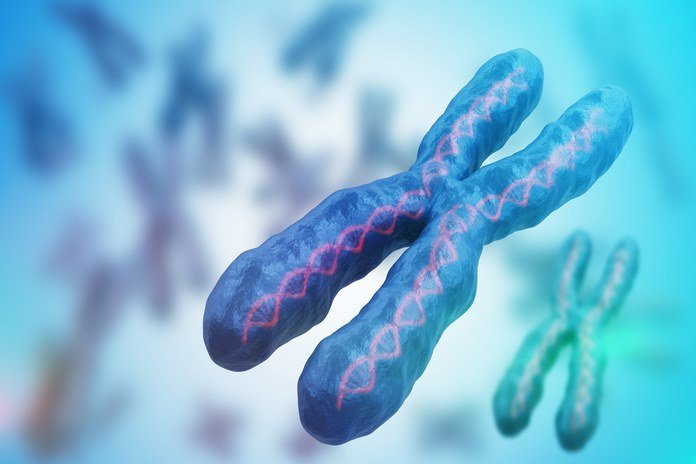Causes of cystic fibrosis

Cystic fibrosis is a genetic disease that is transferred to the offspring if both parents either have the disease or are carriers of the faulty gene responsible for causing cystic fibrosis. This condition can only be caused by a genetic mutation and is not contagious. If a person is not born with this defective gene, he can never have it. However, the person can be a CP carrier if one of the parents has a faulty gene. The defective gene is responsible for producing a protein responsible for controlling water and salt flow outside the organs, including the lungs. In CF, the salt balance is disturbed, resulting in too little salt and water outside the cells, causing thicker mucus production than usual.
The people having one of the defective genes are the carrier. If the child has faulty genes from both parents, he has a 25% chance of having CF, a 50% chance of being the carrier, and a 25% chance of not being the carrier.
